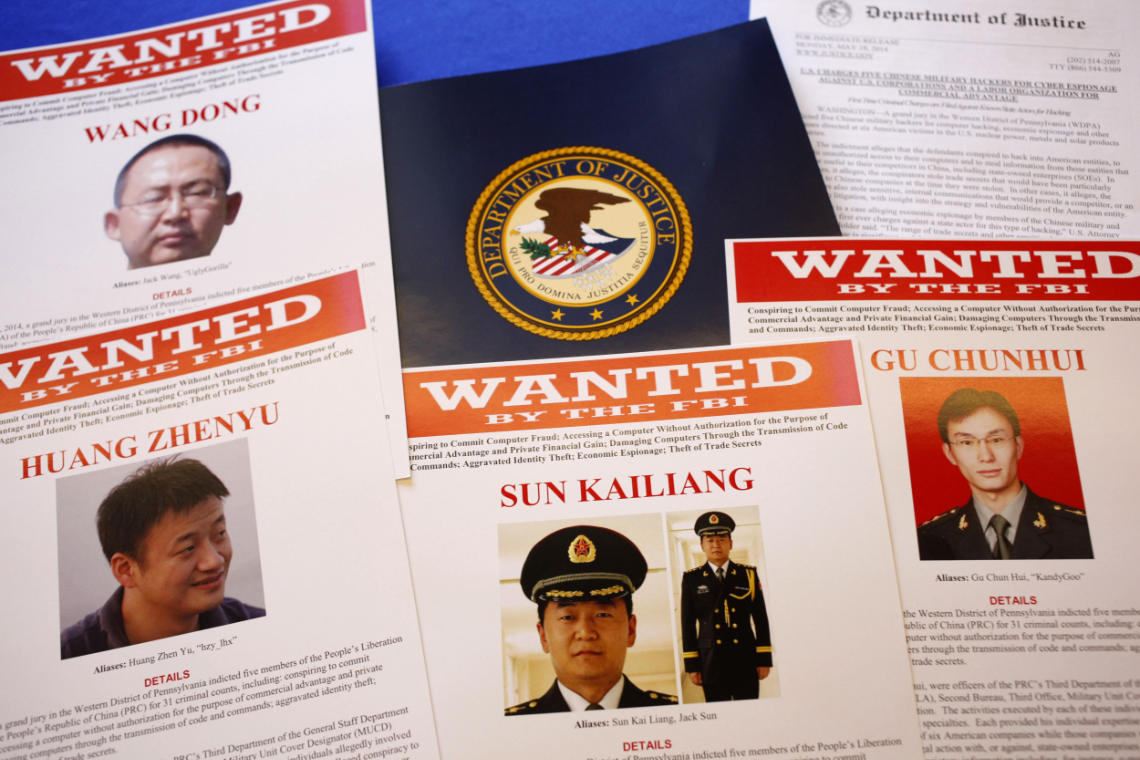Adam Segal is the Maurice R. Greenberg Senior Fellow for China Studies and director of the Digital and Cyberspace Policy Program at the Council on Foreign Relations. His latest book, The Hacked World Order, provides an in-depth exploration of the issues that most states and large companies now confront in cyberspace. It covers everything from the Twitter wars over Gaza to German reactions to the Snowden leaks. You can read the first chapter here.
Our conversation focuses on how China sees cyberwarfare, cyberespionage, internet security and sovereignty, and how the nation’s perspectives differ from America’s.
Adam presents a sometimes unsettling but sober and balanced analysis of Chinese and American approaches to attacking, defending and spying in digital realms. He defines a moment he calls “Year Zero” of the hacked world order, a period from mid-2012 to mid-2013 that saw cyberspace abandon its utopian tendencies and transform into a full-on battlefield.
Our conversation also covers specific incidents, such as the U.S. Department of Justice’s espionage charges against five Chinese hackers and the Chinese infiltration of the U.S. Office of Personnel Management’s database, as well as the capabilities and ethical concerns of China, the United States and other nations.
Recommendations:
Jeremy: My wife Wu Fei’s improvisation music videos: Facebook.com/RealWufeiMusic, YouTube.com/WuFeiMusic or Twitter.com/WuFei
Adam: The Gunpowder Age: China, Military Innovation, and the Rise of the West in World History by Tonio Andrade
Kaiser: Dan Carlin’s Common Sense podcast
Kaiser and Jeremy: Steve Orlins, the president of the National Committee on U.S.–China Relations who recently joined us on the podcast along with his colleague, Jan Berris, will lead a discussion on June 27 with former national security advisors. The event in Washington, D.C., is open to the public, but you need to RSVP. More info is here: http://goo.gl/yBT43o








